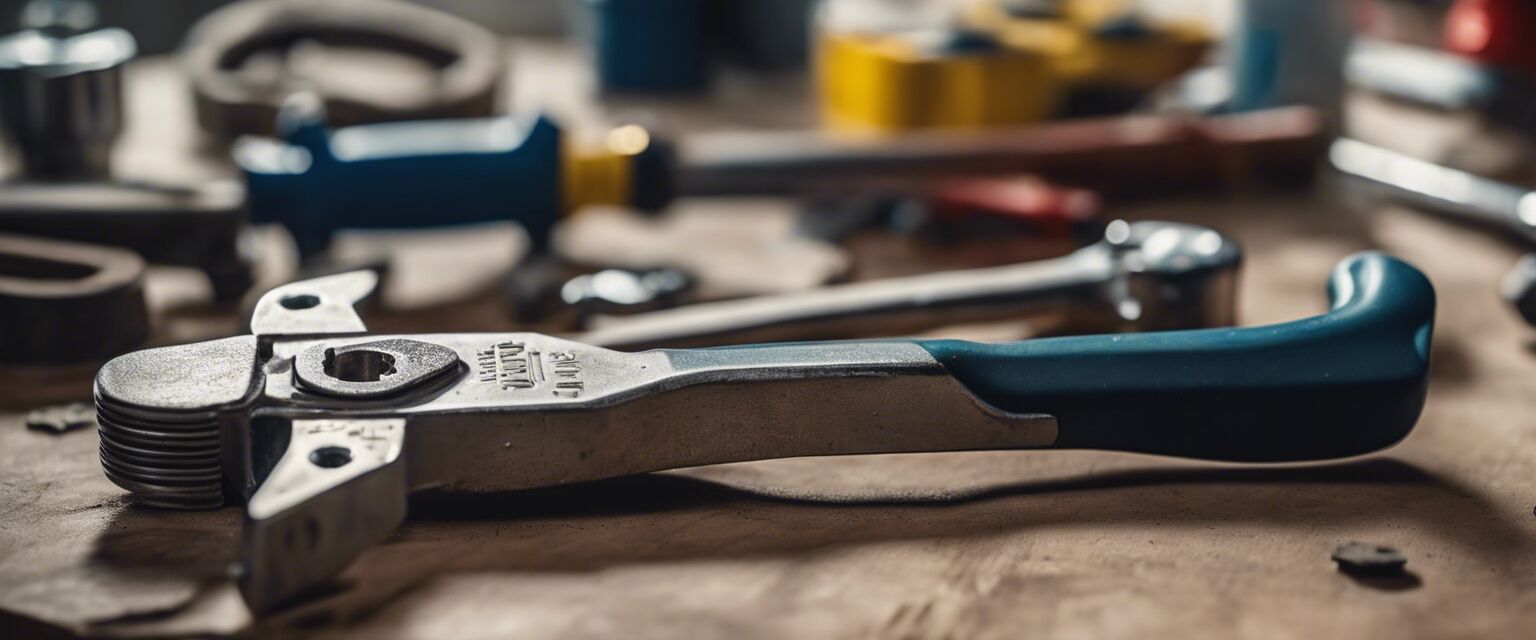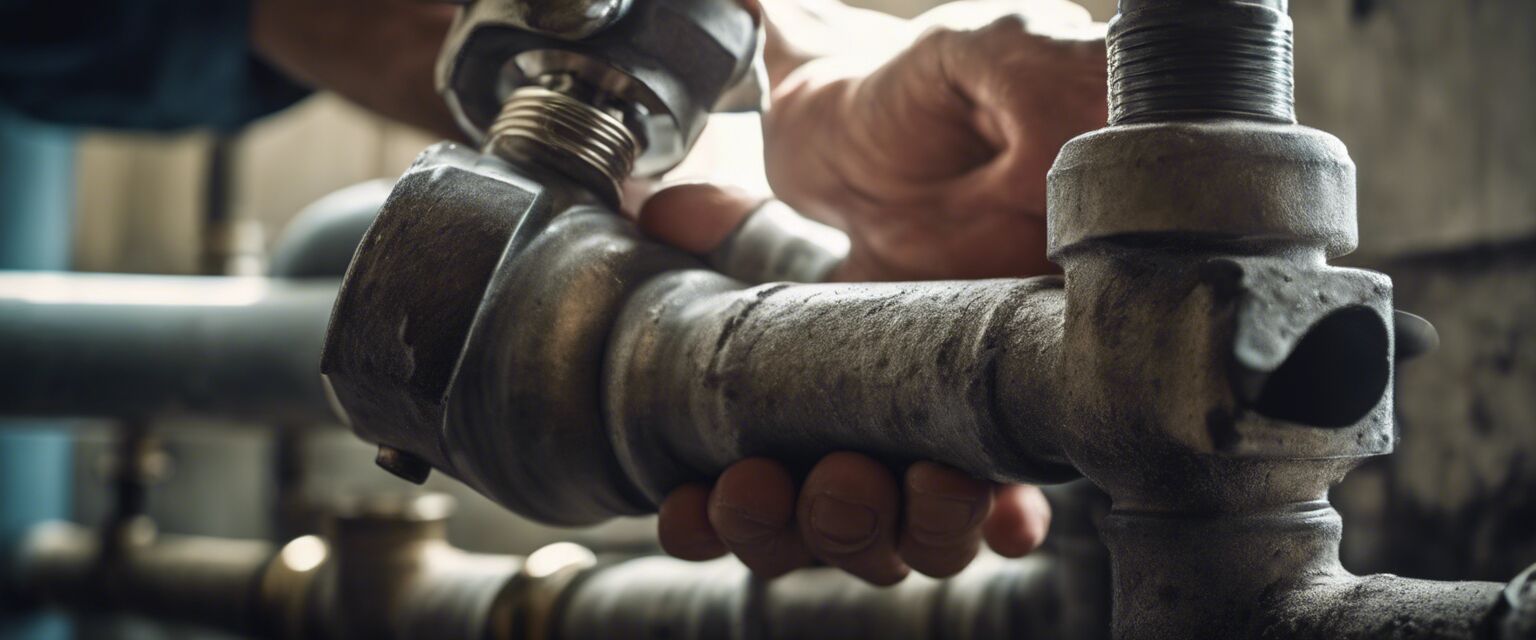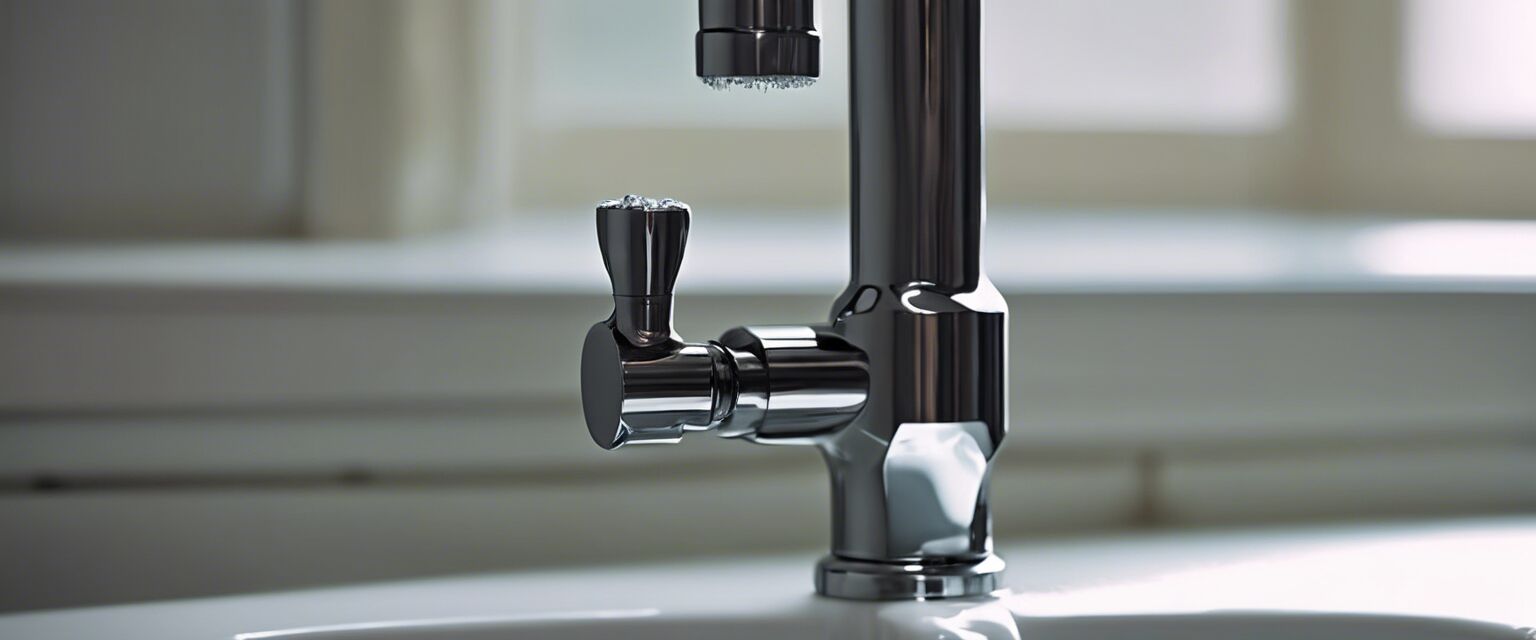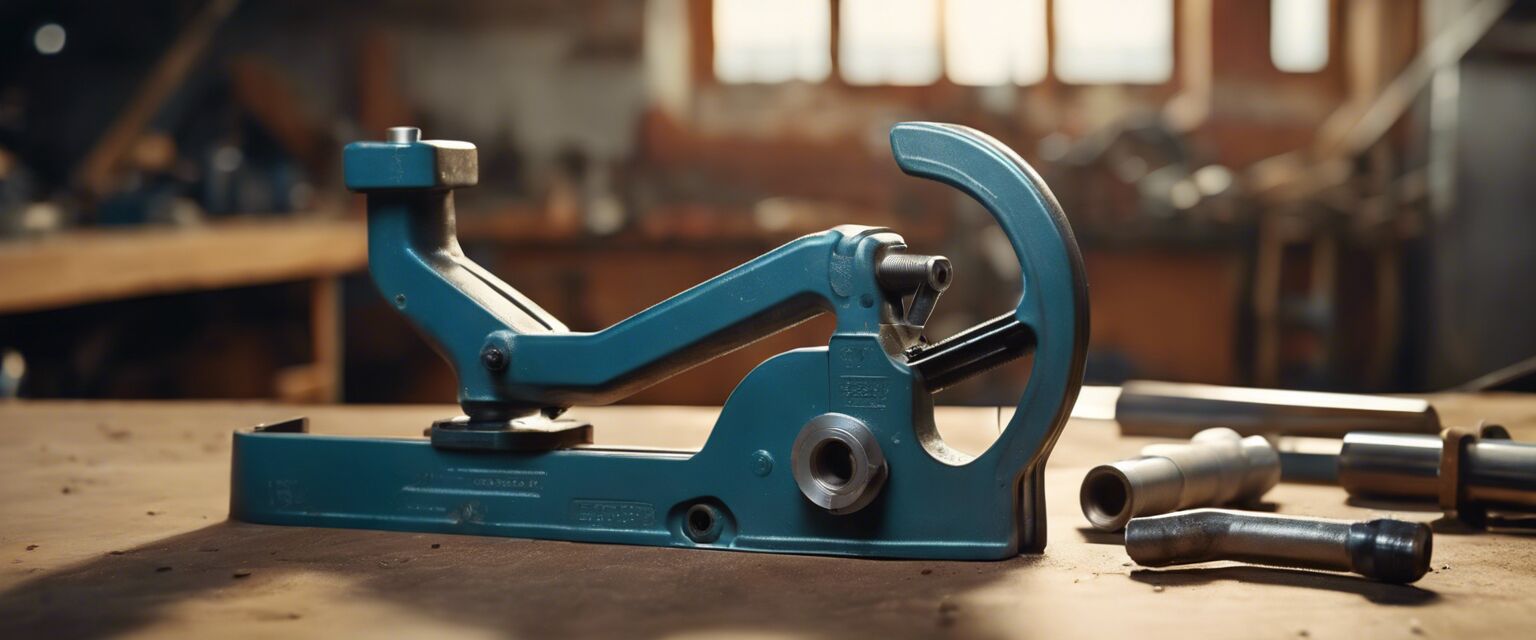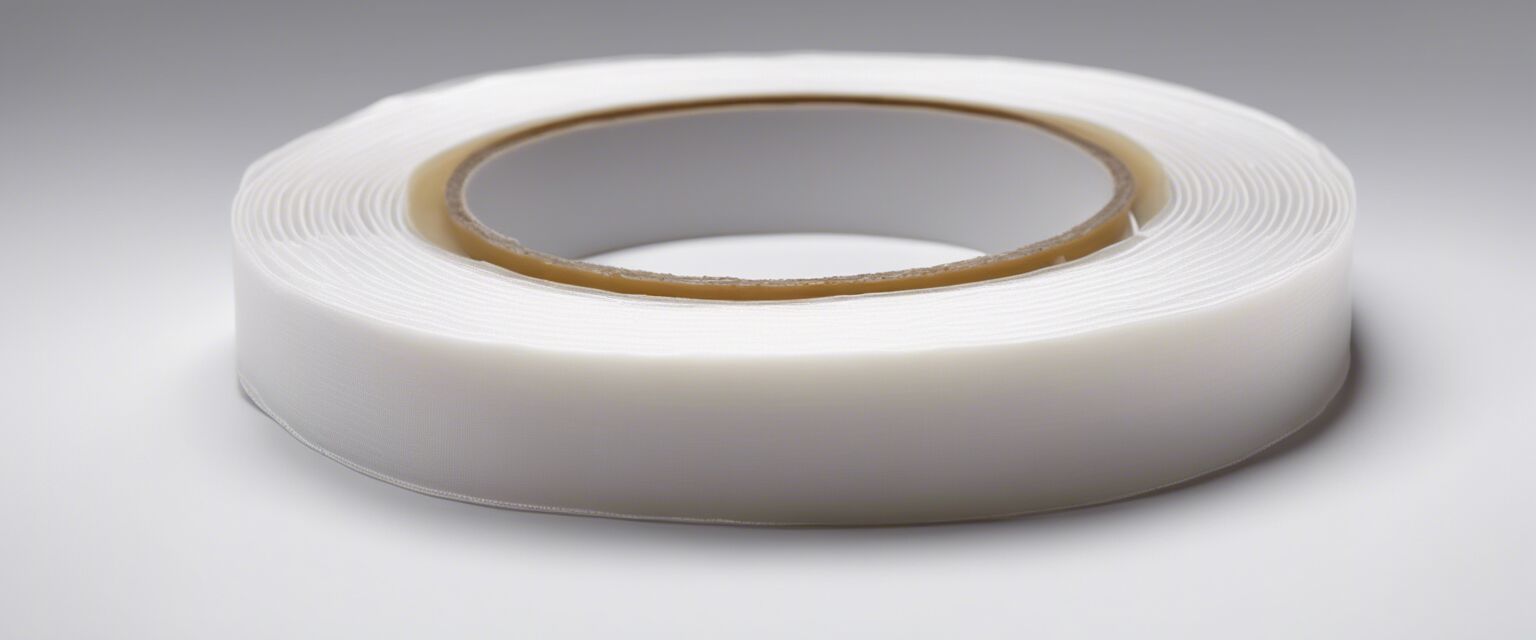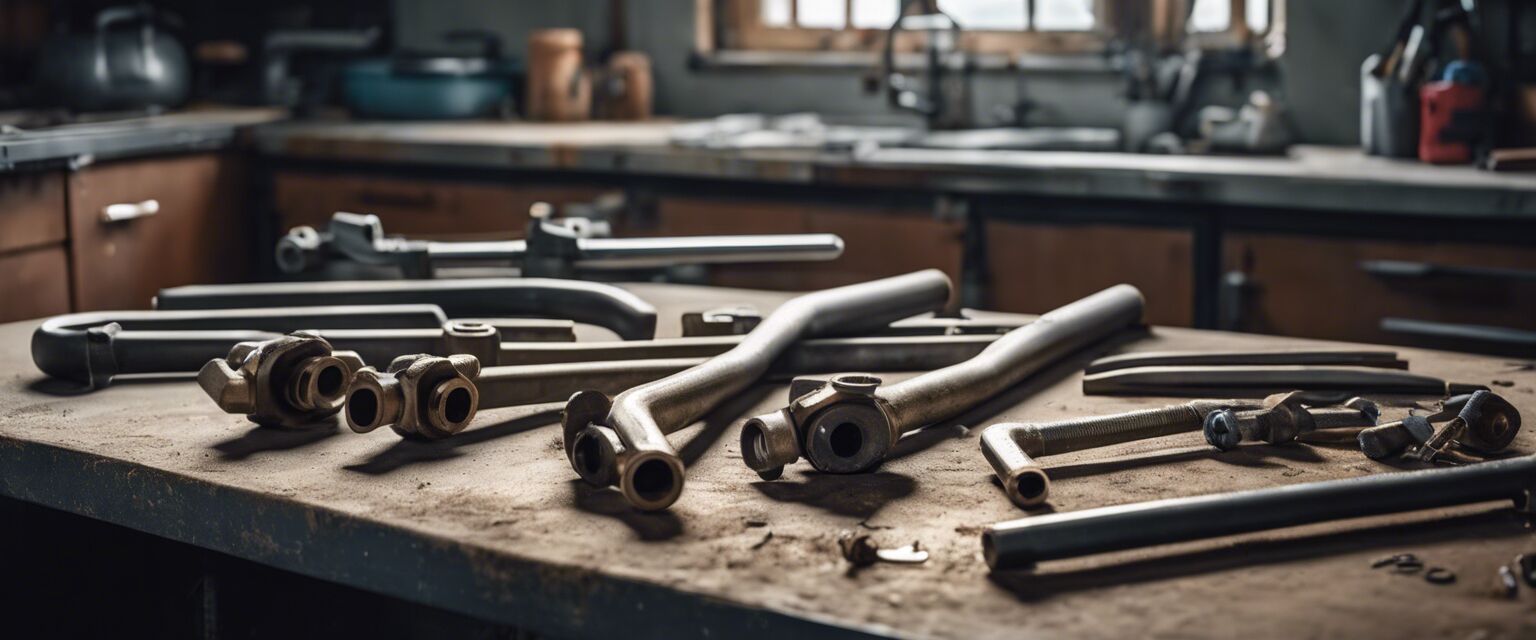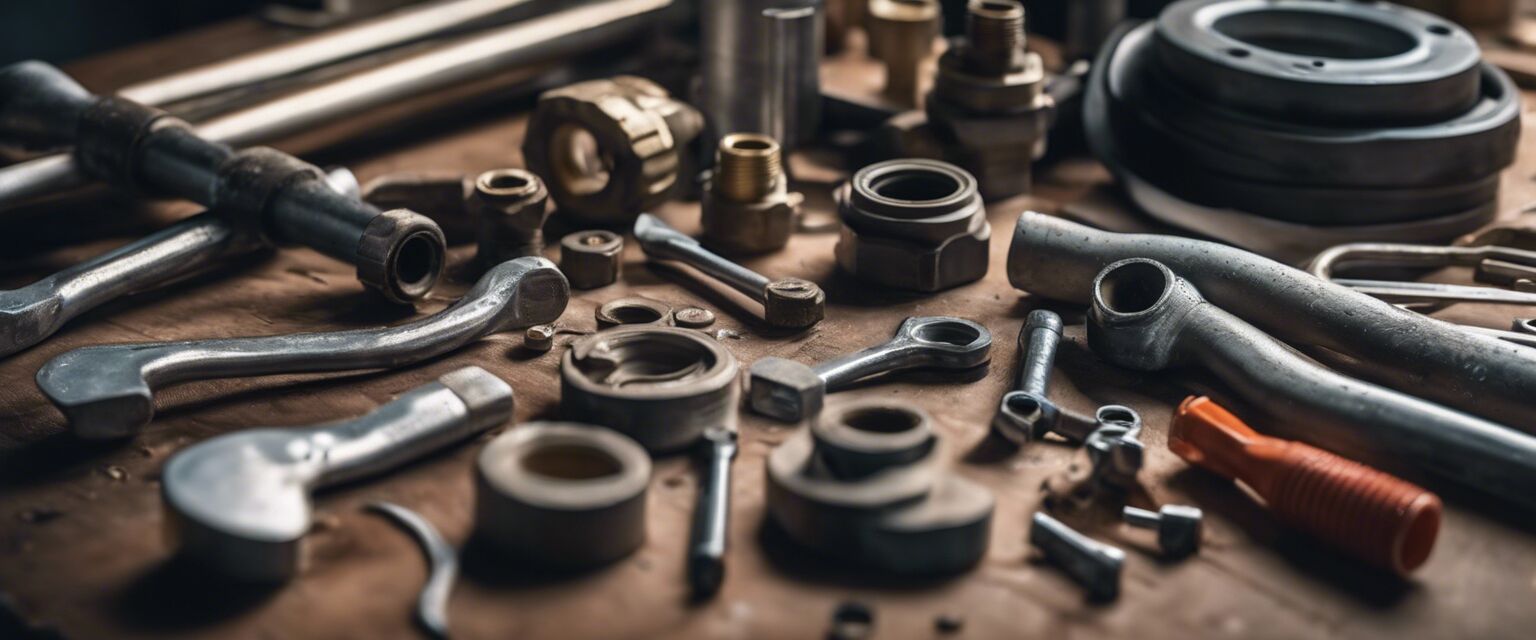
Essential Plumber's Putty Guide
Plumber's putty is a staple in every plumber's toolkit, but it's often overlooked and underappreciated. In this guide, we'll dive into the world of plumber's putty, its uses, advantages, and tips on effective application.
Key Takeaways
- Plumber's putty is a type of sealant used to create a watertight seal on threaded pipes and fittings.
- It's easy to apply and remove, making it a convenient solution for plumbing tasks.
- Plumber's putty is resistant to heat, chemicals, and mold, making it a reliable choice for various plumbing applications.
What is Plumber's Putty?
Plumber's putty is a type of sealant made from a mixture of clay, silicone, and other materials. It's designed to create a watertight seal on threaded pipes and fittings, making it an essential tool for plumbers and DIY enthusiasts alike.
Uses of Plumber's Putty
| Application | Description |
|---|---|
| Threaded pipe connections | Creates a watertight seal on threaded pipe connections, preventing leaks and ensuring a secure fit. |
| Faucet installations | Used to seal the faucet stem and O-rings, ensuring a leak-free installation. |
| Drain assemblies | Seals the connection between the drain and the sink or shower, preventing water from leaking onto the floor. |
Advantages of Plumber's Putty
Pros
- Easy to apply and remove
- Resistant to heat, chemicals, and mold
- Non-toxic and safe for use with potable water
- Inexpensive and widely available
Cons
- Not suitable for high-pressure applications
- May not be compatible with all types of pipes and fittings
Tips for Effective Application
- Use a pipe wrench to tighten the pipe connections, ensuring a secure fit.
- Apply a small amount of plumber's putty to the threads, spreading it evenly with your finger or a cloth.
- Use a PTFE tape in conjunction with plumber's putty for added security.
- Test the connection by turning the faucet on and off several times to ensure a watertight seal.

Common Mistakes to Avoid
- Using too much plumber's putty, which can create a mess and make it difficult to remove.
- Failing to clean the threads before applying plumber's putty, which can compromise the seal.
- Not testing the connection properly, which can lead to leaks and water damage.

Beginners' Tips
- Start with a small amount of plumber's putty and add more as needed.
- Use a cloth or paper towel to wipe away excess putty.
- Practice makes perfect â don't be discouraged if it takes a few attempts to get it right.

Conclusion
Plumber's putty is a versatile and effective sealant that's essential for any plumbing task. By following the tips and guidelines outlined in this guide, you'll be well on your way to becoming a master plumber. Remember to always use high-quality plumber's putty and follow proper application procedures to ensure a watertight seal.

